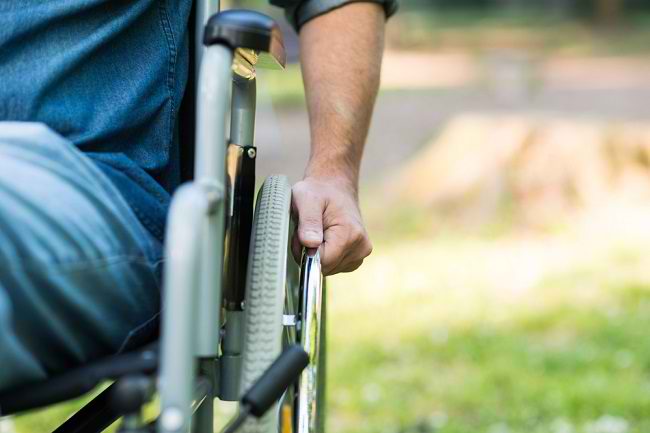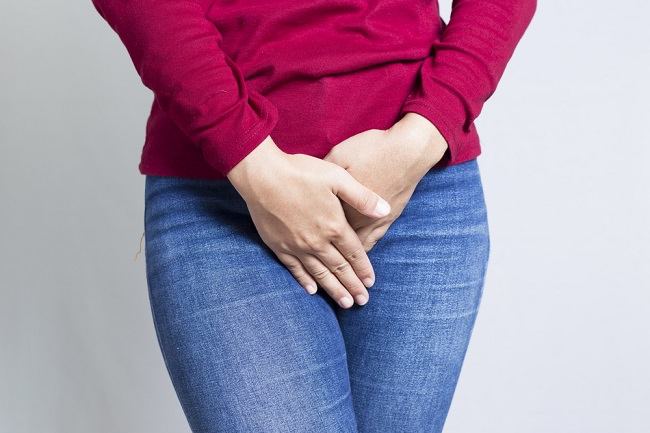Colonoscopy is an examination procedure performed to see disorders or abnormalities in the large intestine and rectum. This procedure is also used as a way to detect colon cancer early.
Colon cancer can happen to anyone, but most people with this cancer come from the elderly group over 50 years old. Not only the elderly, someone who has a family member with a history of colon polyps and colon cancer is also more at risk of developing colon cancer.

Therefore, if you belong to a group at high risk of colon cancer, it is recommended that you undergo a colonoscopy procedure. Thus, if cancer is detected, treatment can be done more quickly.
In addition to detecting colon cancer, colonoscopy is also performed to find out the cause of several other intestinal disorders, such as:
- Bloody stools
- Unbearable stomach pain
- Chronic diarrhea
- Constipation that lasts a long time
- Unexplained weight loss
- Abnormalities in the results of a CT-scan of the intestine
Not only that, colonoscopy procedures can also be used to detect and perform actions to cut intestinal polyps and remove tissue samples for biopsy purposes.
Preparation for a Colonoscopy Procedure
Before undergoing a colonoscopy procedure, you need to first consult with your doctor. Tell your doctor if you are pregnant, taking certain medications, and have heart disease, diabetes, or high blood pressure.
After that, to make sure the intestines are clean during the colonoscopy, the doctor will ask you to empty the colon. The following are some ways to empty the colon:
Go on a special diet the day before the examination
You will be asked to stop eating solid foods at least the day before the test. Instead, you can only eat soft foods, such as juice or broth, and drink water, tea, or milk.
Taking laxatives
Your doctor may recommend that you take laxatives to empty your colon the night before the colonoscopy. If needed, laxatives can also be taken on the morning of the examination day.
Using enemas
For certain conditions, the doctor will perform an enema procedure, which is by inserting a cleansing fluid directly into the anus to empty the large intestine.
Colonoscopy Procedure Steps
Some time before performing a colonoscopy, the doctor will give you an anesthetic first. After the effects of the anesthetic work, the doctor will start a colonoscopy with the following steps:
- You will be asked to lie on your side in bed with your knees bent towards your chest.
- The doctor will insert a colonoscope tube equipped with a camera into the anus and push it up into the large intestine.
- At the same time, air will be pumped through the colonoscope tube so that the intestines expand and the intestinal walls can be seen clearly on the monitor.
- Once the tip of the colonoscope reaches the opening of the small intestine, the doctor will gently pull out the tube while examining the large intestine one more time.
- If needed, the doctor can perform a biopsy by taking a sample of intestinal tissue or removing intestinal polyps.
- If the image quality during the colonoscopy procedure is not clear, the doctor may repeat the procedure.
This procedure usually lasts 30–60 minutes. During the colonoscopy, you will feel mild cramping in your stomach. However, this complaint can be relieved by taking a deep breath slowly.
Colonoscopy results can be declared negative if the doctor does not find any disturbances in the intestines. However, your doctor will recommend that you repeat a colonoscopy 5–10 years later, if you are found to be at risk for colon cancer.
Risks of Colonoscopy Procedure
Colonoscopy is actually a safe medical procedure. However, in some rare cases, colonoscopy can cause a number of complications or side effects.
You need to go to the doctor immediately if you experience complaints after undergoing a colonoscopy procedure, such as high fever, severe abdominal pain, and bleeding from the anus.
In addition to early detection with a colonoscopy procedure, you are also recommended to prevent colon cancer by adopting a healthy lifestyle, such as eating nutritious foods, not smoking, and exercising regularly.
If you have any questions about the colonoscopy procedure or would like to have this procedure done to detect colon cancer or other problems with the intestines, don't hesitate to consult with your doctor.









